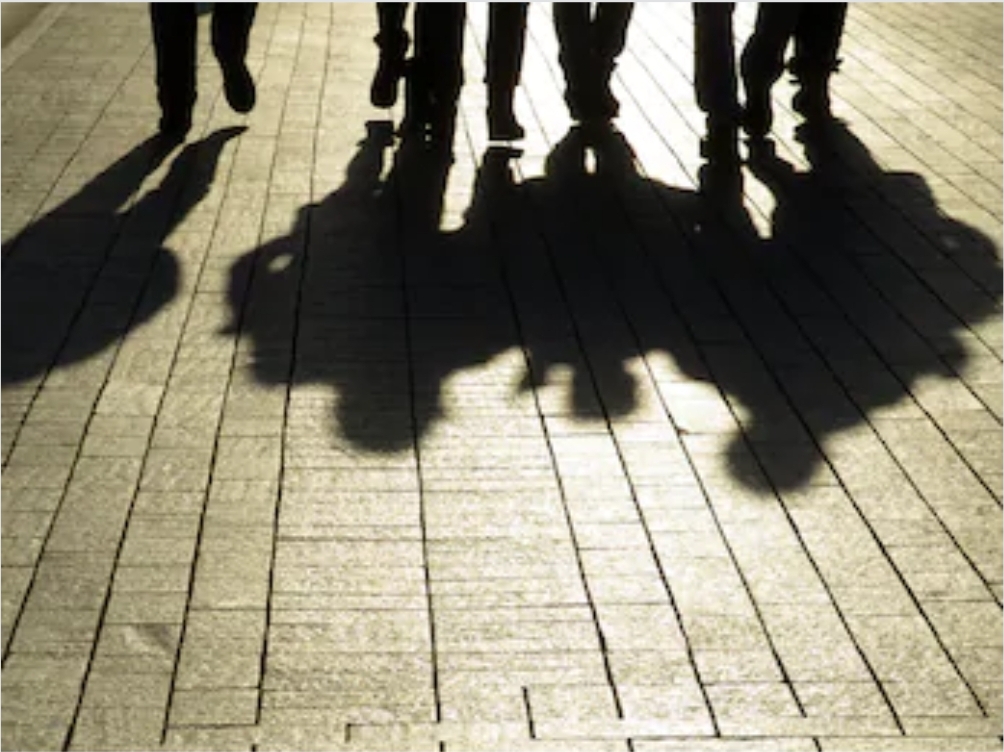The health crisis has caused an increase in some criminal activities such as cybercrime. By this we mean on-line scams, and especially those related to fake sales of medical devices, food supplements, or medications. Also the sale of false airline tickets or other means to take advantage of people’s strong need to return to their own countries.
These activities include malicious applications, specifically designed or disseminated by mobile devices that cybercriminals use as a way not only to steal personal data, but also to infect terminals using malicious programs. Criminals seem to be resorting to registering multiple internet domains that include allusions to the coronavirus, thereby seeking to attract and give their fraudulent pages an appearance of trustworthiness.
Money laundering and “money mules”
Economic crimes, such as money laundering, are increased by the economic difficulties being generated internationally. A situation that gives organised crime more opportunities to introduce the proceeds of their crimes into the legal economy. The highest risk sectors are services, tourism, hospitality and construction.
People’s limited movements can lead to a fall in the use of individuals to move and transport the physical cash associated with criminal activity. Camouflaged transfers are therefore increased in commercial deliveries or goods transport (containers, trucks, etc.), or the use of the so-called “money mules” through bank transfers or remittance companies.
The economic crisis favours corruption and other crimes
The economic crisis derived from the pandemic is a favourable scenario for corruption. In particular, for mafia groups to offer financing, practice usury, extortion and to infiltrate institutions for the awarding of contracts and obtaining of favours. Along these lines, if additional supervision mechanisms are not established, aid funds sent to developing countries to combat the pandemic may also constitute a field of corruption exploited by criminal organisations.
Some of the types of fraud and scams detected find their origin in the economic crisis derived from the pandemic. For example, false offers of advice or processing appear in relation to cases of temporary lay-offs or the false request for aid and donations for entities and NGOs.
The economic crisis is likely to constitute a scenario where criminal forms of an economic nature increase, such as VAT fraud or fraud against the public treasury or the social security, related, for instance, to the underground economy. Fraud may also occur regarding the financial interests of the EU, taking advantage of the aid or subsidies that might be granted to mitigate the effects of the crisis. For example, in sectors such as agriculture, renewable energy or the preservation of the environment.
Fraud is also reflected in false investment fund activities and in professional trespassing or unfair competition in relation to disinfection work. Hoaxes are being generated through the internet or on social networks, putting people’s health at risk by using products that are not suitable for disinfection.
Illicit trafficking in products and drugs
Trafficking in medicines, health products and food supplements, including psychotropic drugs, is important, generating an increase in counterfeit prescriptions, on-line sales and robberies in stores or pharmacies.
Drugs trafficking and consumption (especially that associated with consumption in leisure areas, now closed) and, therefore, their distribution at the retail level, has also been affected by the restricted movement and measures of confinement. It is therefore possible to foresee an increase in drug trafficking over the internet, distribution through postal mailings or personal “home deliveries” using the false cover of product distribution and authorised activities.
